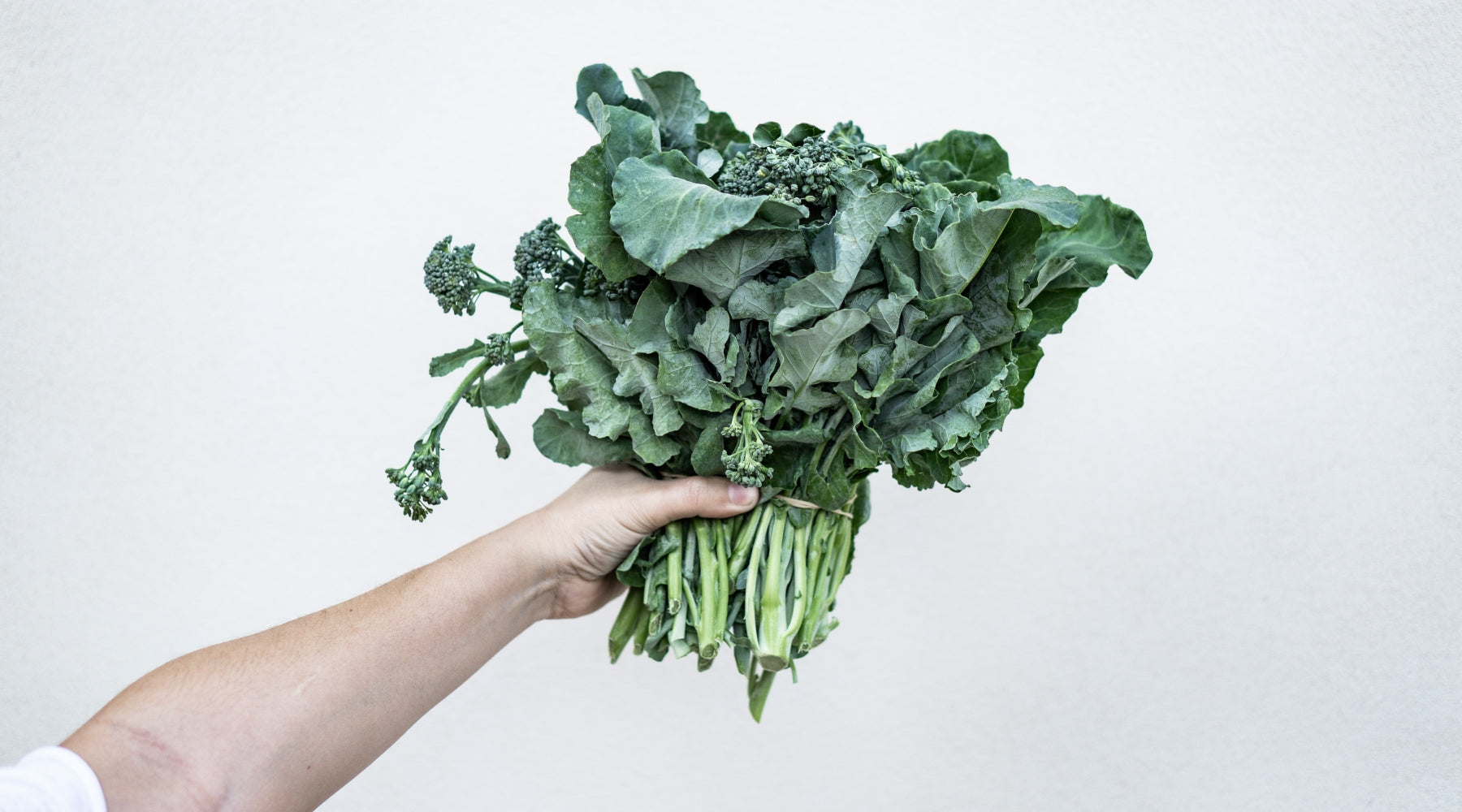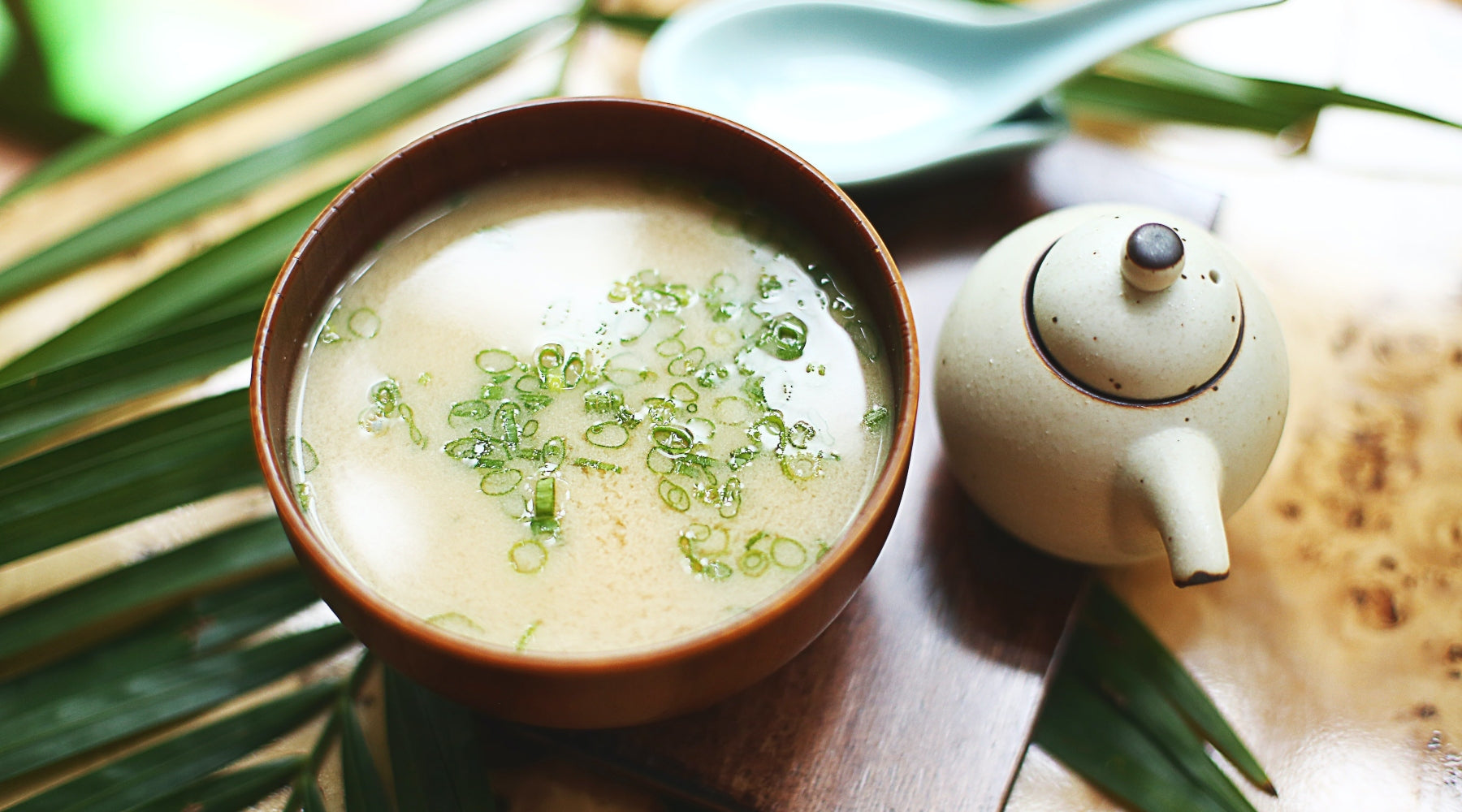
Essential Nutrients for Plant-Based People
When transitioning to a plant-based diet – or even incorporating more meat-free meals into your week – there’s some crucial nutrients you need to be aware of. Follow this simple guide to make sure your diet includes enough of the vitamins and minerals your body needs to thrive.
Omega-3 Fats
There are two kinds of Omega-3 fatty acids. The first is alpha-linolenic acid (ALA), which you can get for your diet. The second is long-chain omega-3’s, EPA and DHA, which your body can make from ALA. These play a structural role in your brain and eyes, and may help reduce the risk of inflammation in the body.
Where to find it: Walnuts, ground flaxseed, chia seeds and hemp seeds, or an algae oil supplement under the guidance of a medical practitioner.
Calcium
Calcium plays a leading role in bone and teeth formation, muscle function and heart health.
Where to find it: Dark leafy greens, legumes, and fortified foods including unsweetened plant milk and yoghurt, linseed bread, and calcium-set tofu.
Vitamin D
Vitamin D is a fat-soluble vitamin that helps enhance the absorption of calcium and phosphorus from your gut. This vitamin also influences immune function, mood, memory, and muscle recovery. Aside from the small amount you get from your diet, Vitamin D can be made from sun exposure. Most people likely make enough vitamin D by spending 15 minutes in the midday sun when the sun is strong – as long as you don’t use any sunscreen and expose most of your skin.
Where to find it: Mushrooms, fortified almond milk, oranges, and a supplement during autumn and winter, under the guidance of a medical practitioner.
Iron
Needed for energy metabolism, Iron is used to make new DNA and red blood cells and to carry oxygen in the blood. An iron deficiency can lead to anaemia, fatigue and decreased immune function. If you think you’re lacking, ask your doctor for a blood test to check your haemoglobin and ferritin levels.
Where to find it: Whole grains such as quinoa, brown rice and oats; legumes; non-GMO soy products such as tofu, tempeh and miso; dark leafy vegetables; fruits; and nuts and seeds including ground flaxseed, chia seeds, cashew nuts and pumpkin seeds. A single serve of Amazonia Raw Protein Isolate contains up to 99% RDI Iron!

Selenium
Selenium is a powerful nutrient that helps fight oxidative stress and is important for reproduction, thyroid gland function, DNA production and immune function.
Where to find it: A handful of Brazil nuts or supplement under the guidance of a medical practitioner
Zinc
Zinc is a mineral that’s crucial for metabolism, immune function, and cell repair. Few plant foods contain high amounts of zinc and absorption can be limited due to their phytate content. Vegans concerned about their zinc intake or may consider taking a daily zinc gluconate or zinc citrate supplement that provides 50–100% of the RDA.
Where to find it: Beans, chickpeas and lentils, tofu, walnuts, cashew nuts, chia seeds, ground flaxseed, hemp seeds, pumpkin seeds, wholemeal bread and quinoa.
Iodine
Your body uses iodine to make thyroid hormones, which control your metabolism. An iodine deficiency has the potential to cause hypothyroidism, a condition in which the body can't make enough thyroid hormones.
Where to find it: 1 ½ - 2 sheets of nori, prunes, cranberries, iodized salt, and a good-quality vegan iodine supplement, under the guidance of a medical practitioner.
Vitamin B12
Vitamin B12 is important for many bodily processes, including protein metabolism and the formation of oxygen-transporting red blood cells. It also plays a crucial role in the health of your nervous system. While anyone can have low B12 levels, vegans typically have a higher risk of deficiency as there are limited vegan sources of this vitamin.
Where to find it: Fortified foods including breakfast cereal, unsweetened/plain plant milk and yoghurt, yeast extract, nutritional yeast flakes, dairy-free spread and a good-quality supplement, under the advice of a medical practitioner.
References
www.healthline.com/nutrition/7-supplements-for-vegans
https://foodrevolution.org/blog/supplements-vegetarians-vegans-plant-based/


